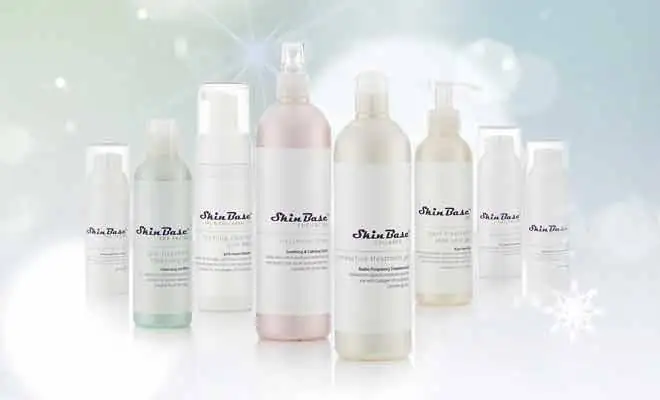We love discovering new skincare ingredients and liquorice root looks like it might be the latest wonder ingredient to add to our routines! Found in face oils, serums, masks and moisturisers too, read on to learn about the properties of this amazing plant extract…
Antiseptic
No doubt if you have spots, you already know they are caused by bacterial infection of blocked pores. Liquorice extract has antiseptic properties, therefore, helps to eliminate the bacteria, so that spots are less likely to occur, and can heal faster when they do.
Anti-inflammatory
Liquorice extract contains a compound called glycyrrhizin, which is very effective at reducing inflammation in the skin. This makes it perfect for anyone with sensitive skin, redness or spots. It’s even been used successfully at treating eczema, which goes to show just how gentle it can be.
Find Your Local SkinBase™ Therapist
SkinBase™ is the leading microdermabrasion treatment. With over 2,000 accredited salons and spas in the UK & Ireland, there’s bound to be a salon near you.
Are you a beauty professional, and would like to offer SkinBase™ treatments? Find out more.
Anti-ageing
Liquorice also contains phytoestrogens, which help to stimulate collagen and hyaluronic acid production too. As the skin ages, the production of these two essential constituents of the skin slows down. So by stimulating the skin to start making them again, skin becomes firmer and wrinkles are smoothed out. Result!
Anti-dark spots
If you suffer from hyperpigmentation such as melasma, dark spots or sun damage, you’ll probably know how tricky it can be to get rid of. Pigmentation is caused by uneven overproduction of melanin, so one of the best ways to reduce hyperpigmentation is to get the production of melanin under control. Incidentally, liquorice contains compounds that reduce pigmentation by inhibiting the enzymes that cause the overproduction of melanin.
It’s not hard to see why liquorice root has been a popular herbal ingredient for thousands of years – as a matter of fact, it was even found in the tomb of King Tutankhamen! Keep an eye out for it next time you’re shopping for skincare.
Image:istock.com/Khosrork

